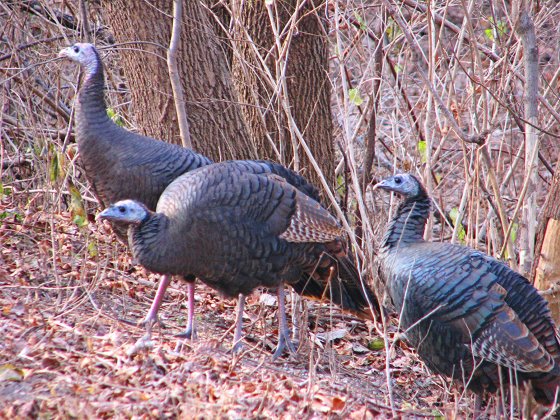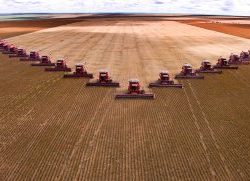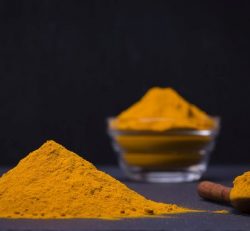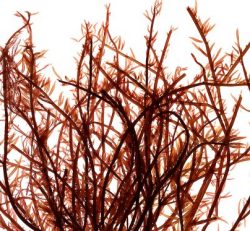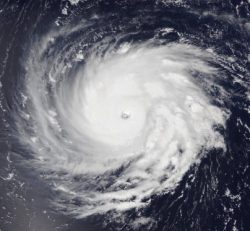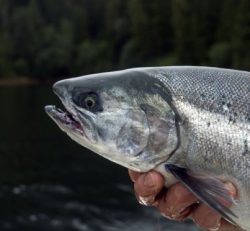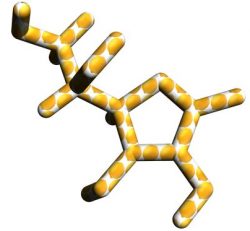HEALTH IMPACTS OF NEONICS GO BEYOND BEES TO AFFECT TURKEYS
Scientists have found neonicotinoid residues in the livers of wild turkeys, providing evidence that this common agrochemical is being ingested by free-ranging animals.
Researchers from the Ontario Veterinary College, University of Guelph, Canada, say the study is one of the first to show the broader effects of neonics on wildlife.
Published at the end of last month in Environmental Science and Pollution Research, the study showed that nearly 10 of the 40 wild turkey carcases tested had detectable levels of neonicotinoids in their livers. Two types of the insecticide were found in some birds.
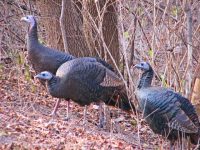
Wild turkeys supplement their diet with seeds from farm fields. Photo: D. Gordon E. Robertson
Insecticide in the digestive system
The researchers also found corn and soybean coated with the insecticide in the digestive system of some birds. Pathobiology professor Claire Jardine said there had been growing concern among conservationists about whether the use of neonics may be linked to poor reproductive output of wild turkeys. Wild turkeys supplement their diet with seeds from farm fields. Local anglers and hunters had noted a lack of young birds and wanted to know if neonics were a possible cause.
While researches have focused on health risk of neonics to bees, studying exposure levels in larger wildlife species is critical in understanding wider impact of migratory behaviour, reproduction and mortality, she added.
“Our results serve as baseline data for southern Ontario wild turkeys and provide context for reference values in future analyses.”
Long-term health effects
PhD student Amanda MacDonald added that while the study proves wild turkeys consumed neonic-treated seeds but long-term health effects on the birds remained unknown.
Previous studies have found that neonic-coated seeds cause health risks in partridges, pigeons and quail. Small amounts of the insecticide have been shown to affect body mass, reproductive efforts and perhaps mortality in migratory white-crowned sparrows.
Pathobiology professor Nicole Nemeth, who is now at the University of Georgia, USA, concluded: “We need to continue to assess levels of neonics in a variety of wildlife, especially those that may feed off the ground or consumer plants and insects and therefore might be more likely to come into contact with them,” she added.
In April, EU Member States voted in favour of extending their ban on neonicotinoid pesticides to include all outdoor crops.
Tony McDougal
Freelance Journalist
Source: www.poultryworld.net


